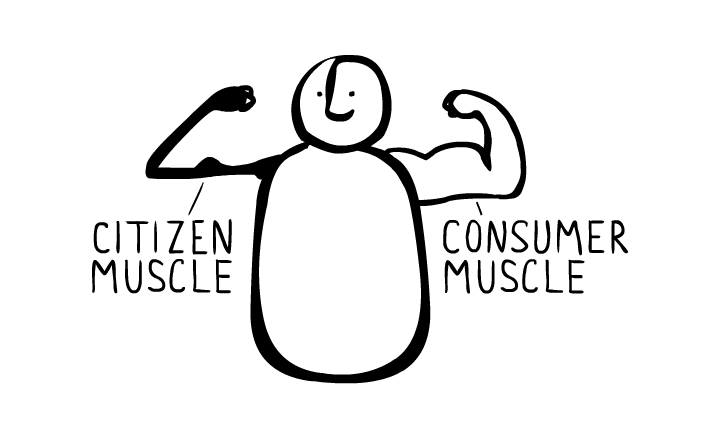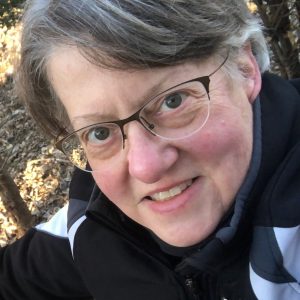On Sunday night (October 26) nearly 2,000 participants gathered at the Portland OR convention center to hear keynote speaker Annie Leonard (Story of Stuff, and now Greenpeace director) at the Association for the Advancement of Sustainability in Higher Education (AASHE) conference. This annual gathering is the largest gathering of higher education sustainability professionals and students in North America. The conference allows sustainability newcomers and long-time innovators to network and share new ideas, activities, frameworks, learning outcomes, tools, strategies, research, theory and leadership initiatives that are changing the face of sustainability on their campus and surrounding communities.
In her keynote address Ms. Leonard talked about…
— The idea that working toward a more just and sustainable world, is not a sprint, or even a marathon, but a relay race. And it’s here where educators have the opportunity to make a real impact, helping to teach and nourish leaders able to work for a better today as well as for tomorrow.
— Hopefulness and breaking down academic silos. Today’s educators are beginning to embrace the idea that to solve the hard problems, you have to engage everyone, and not assume sustainability is just the responsibility of the environmental science department.
— Action and moving beyond awareness and theory, to provide students actionable solutions.
— Student led initiatives: Give the students agency to make change happen on campus to prep them as active change agents once they leave school.
— Divest from fossil fuel and invest in clean energy. Most colleges have ethics embedded into their core mission, and yet too many continue to invest their endowments in sectors that support (fossil fuels) that are in conflict with those ethical values. An institution’s mission, and how they spend their money, must be in alignment.
Her big concern…
We have so many tech advances, we have the basics of what we need to make things happen for the better right now. Yet when people she talks to are pressed about what can be done, they too often reply with “I can… (recycle, change bulbs, ride a bike),” all small individual actions. But how does that help our community as a whole? The “I” actions at this point are really simple adult hygiene. We shouldn’t expect a gold star for doing things like brushing our teeth.
We’ve spent decades working on our consumer muscle, shopping to feed our wants as individuals. So it’s no wonder “I” is the first place people turn. And while changing individual behavior is key, we need to find ways to encourage people to reengage as citizens — build their citizen muscle — to help benefit us all.
Take the Change Maker Quiz
Rather than expect everyone to participate in the same way, the Change Maker Quiz helps participants discover ways people can use their strengths to become engaged citizens.
The thing that most contributes to our happiness, once basic needs are met, is having a sense of community. This is more powerful than shopping our way to happiness. It’s this simple idea offers a great opportunity to participate in the community of change.
In conclusion, Ms. Leonard offered this insight: If we continue to consume our way over the biological cliff, change will happen but it will be a lot more difficult, violent and ugly. It’s within our power today to make change happen for the “better by design rather than disaster.”
Stay tuned for more from Wendy…
Watch the Story of Change video
Join us this week for Wendy Jedlicka’s (MASD faculty) notes from the AASHE Conference. Image courtesy of Story of Stuff.org

